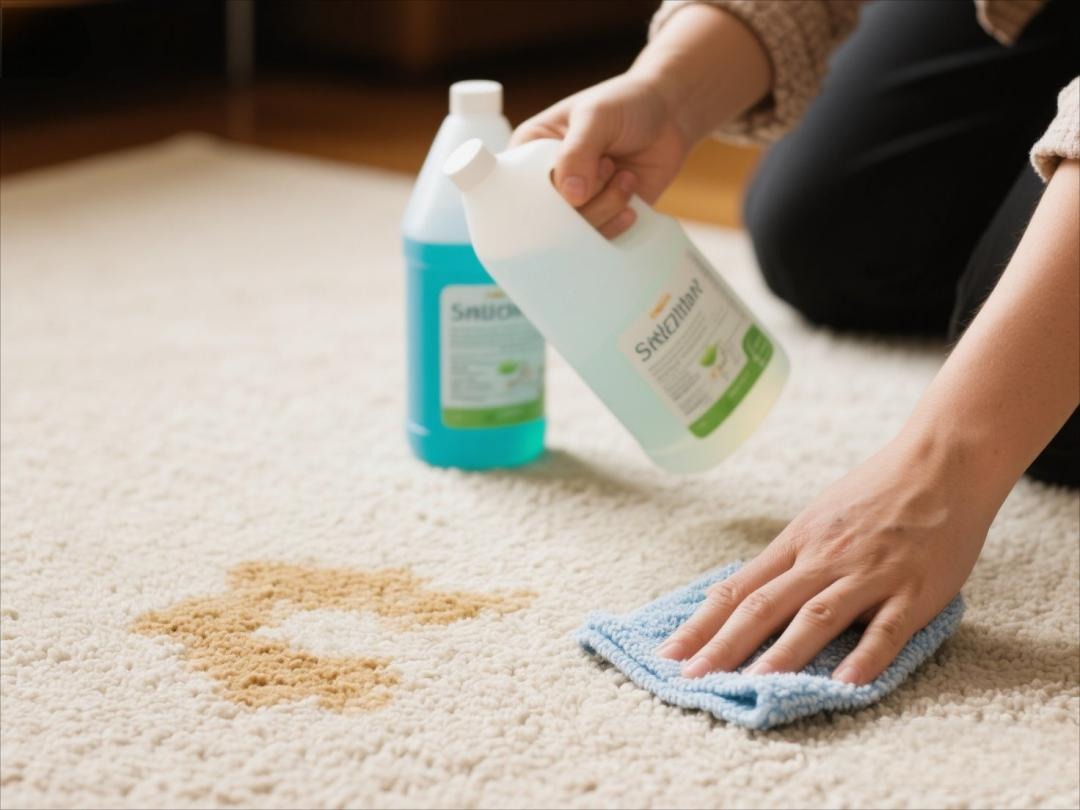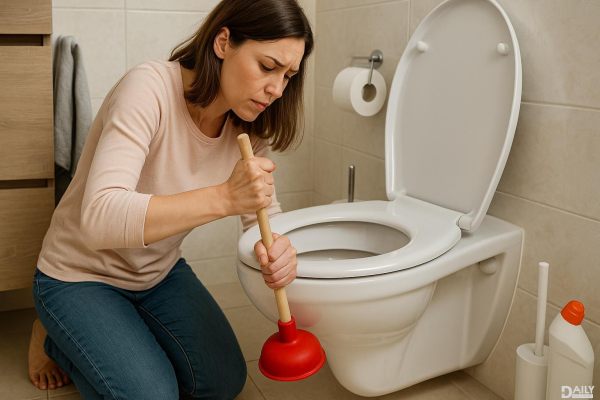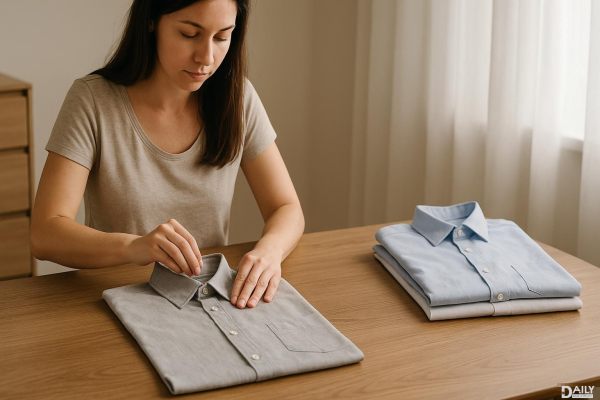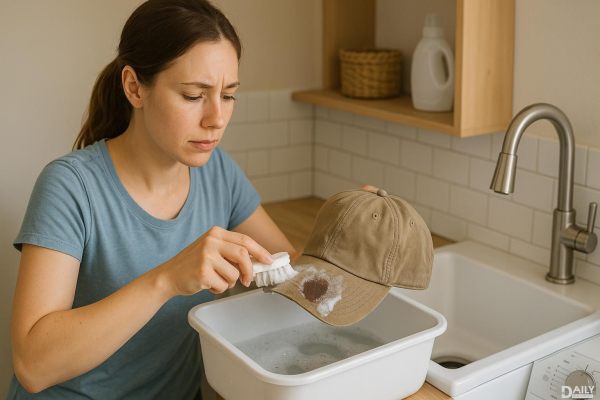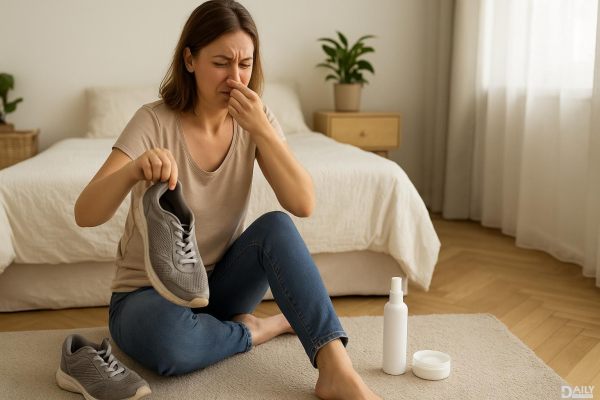Bed rotting—the latest TikTok-coined term that somehow makes lounging in bed sound both gross and oddly appealing. If you've ever spent an entire Sunday buried under blankets, doomscrolling or binging Netflix with zero guilt, congratulations, you're already a pro at this viral trend. But is it actually good for you? The answer, like most things in life, isn't black and white. Let's break it down.
The Psychology Behind Bed Rotting
At its core, bed rotting is about reclaiming control. In a world that glorifies hustle culture, choosing to do absolutely nothing feels rebellious. Dr. Cassandra Boduch explains that this intentional inactivity can serve as a mental reset—a way to counterbalance the constant pressure to perform. But here's the catch: the brain thrives on novelty and purpose. While a day of horizontal living might feel restorative initially, prolonged bed rotting can backfire, leaving you more drained than before. The dopamine hits from endless scrolling or passive entertainment are fleeting, and without meaningful engagement, your mood can take a nosedive.
When Rest Turns Into Avoidance
Helene D'Jay points out a crucial distinction: bed rotting becomes problematic when it morphs into escapism. Using your bed as a bunker to avoid responsibilities, social interactions, or difficult emotions? That's a red flag. Chronic avoidance can amplify anxiety and depression, creating a cycle where the bed feels like the only "safe" space. Watch for signs like canceled plans, neglected hygiene, or a growing sense of isolation—these suggest it's time to reassess.
Healthier Alternatives to Rotting (Yes, Really)
Reena Patel advocates for "active rest"—activities that recharge you without trapping you in a duvet cocoon. Try a "phone-free" bed break with a book or journal, or swap a lazy morning for a walk outside. Sunlight regulates circadian rhythms, and movement releases endorphins, both of which combat the sluggishness bed rotting can cause. Even small shifts, like sitting upright with a cup of tea instead of lying down, can make downtime feel more intentional.
The Verdict: Rot in Moderation
Occasional bed rotting? Totally fine. Making it a lifestyle? Not so much. Listen to your body: if you're craving a lazy day, lean into it—but set boundaries. Maybe that means limiting it to weekends or pairing it with a nourishing activity, like calling a friend. And if you notice bed rotting is your default setting, dig deeper. Mental health isn’t a TikTok trend; it’s okay to seek help if you’re struggling to find balance.
So go ahead, enjoy that guilt-free veg session. Just don’t let the rot define you.
